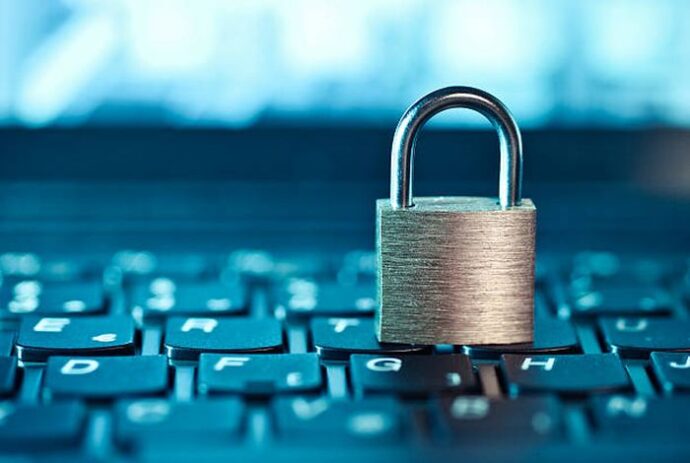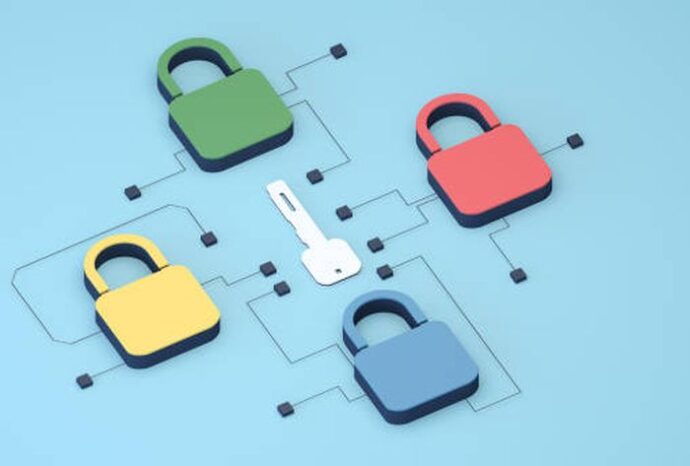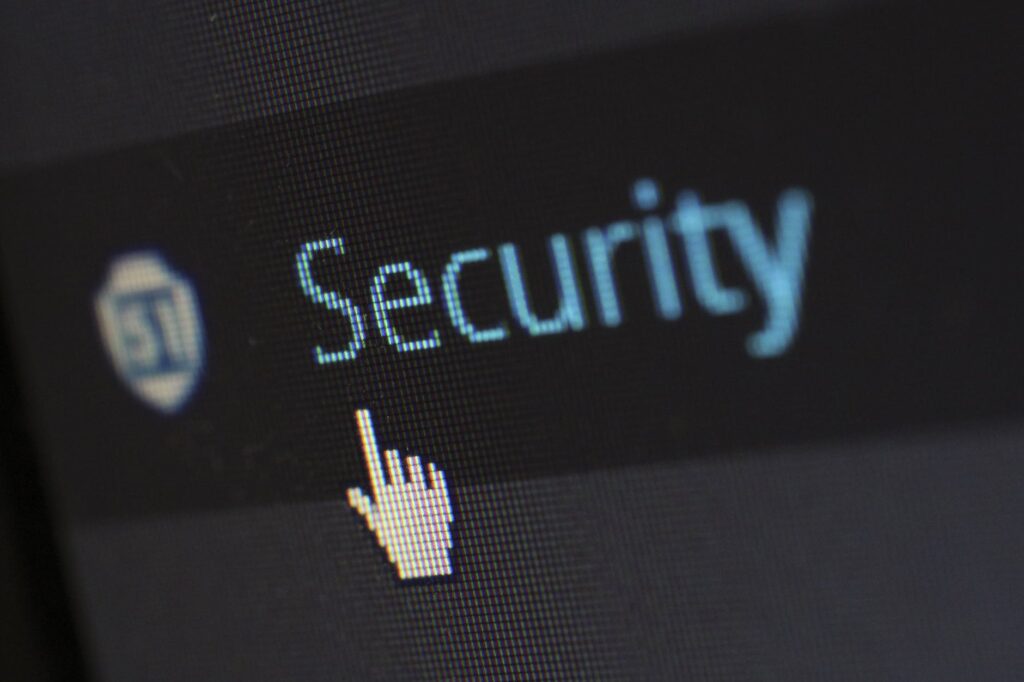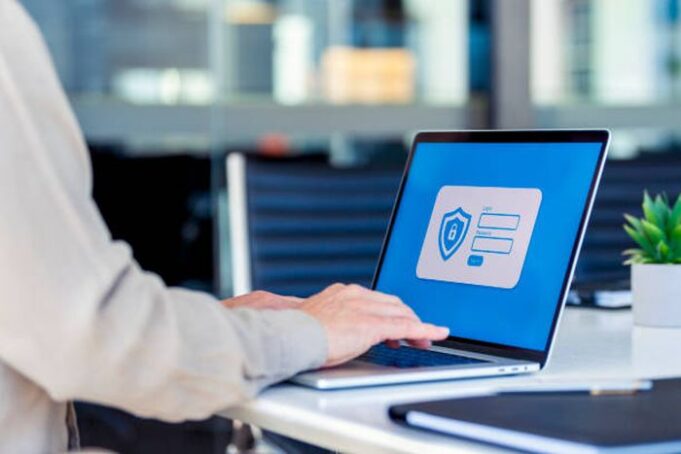They are easy to follow and minimize the risk of suffering from any kind of fraud.
What rules should you follow?

- Do not send confidential information (bank card number, PIN code, passport data) via social network messengers. It is better to delete emails with scans of documents as soon as they are sent or received, there is no need to keep them in the mail. We also do not recommend using your personal phone number when registering for any services. You can use a virtual number for this purpose. For example, you can get a number for the popular messenger Telegram in a couple of clicks https://hottelecom.biz/virtual-number-for-telegram.html.
- If you access social networking or email from someone else’s computer, don’t forget to log out.
- Turn off Wi-Fi when you’re not using it. Protect yourself and save battery life. Be sure to turn off the automatic Wi-Fi connection on your phone or tablet. Don’t trust untested Wi-Fi connections that don’t ask for a password. Most often such networks are used by intruders to steal users’ personal data.
- Don’t access online banks and other important services over open Wi-Fi networks in cafes or on the street. Use mobile Internet. Remember: banks, services and stores never send letters asking you to click a link, change your password, enter your bank card number and secret confirmation code, or provide other personal information!

- Turn off Siri on your iPhone. Most likely, you don’t use it, but scammers have already learned how to withdraw money through the online bank using voice commands.
- Create several email addresses: personal, business, and entertainment (for subscriptions and services). Make up a complex password, different for each box.
- Install and update antivirus software. Outdated versions cannot guarantee protection against malware. Several new viruses appear in the world every day, so antivirus should get information on how to deal with them as often as possible.
- Clicking on links in messages from strangers is a sure way to get hooked by cybercriminals and infect your device with viruses. Dangerous links can also come from a hacked friend, so it’s better to find out what he or she sent you and whether it’s worth opening.
- Carefully check link addresses, logos, text, and sender of messages.
- If you receive a request in your messenger from an acquaintance asking you to send money urgently, do not send anything! Call them back first, and make sure the account hasn’t been compromised.

- Keep personal information as private as possible: don’t post your home address online, don’t write what time you leave, don’t describe your usual route, don’t brag about big purchases, and generally try not to flaunt your level of wealth.
- If you have entered your mother’s maiden name in the secret question, which is now publicly available on her social media pages, be sure to change the secret question.
- Set a safe mode for the child. To do this, create a separate account on the site of your chosen search engine or use a children’s search engine. Talk to your child about the Internet: agree to tell you about any unwanted information you find. Explain that not all information on the Internet is reliable, and teach them to consult you about anything they don’t understand.
- Don’t download questionable applications and don’t try to do it through unknown links. Use only the official App Store, Google Play, and Windows Market.
- Try not to buy anything from social networks, especially with prepayment. We do not recommend transferring money to individuals’ cards at all (that is, when someone just gives you their card number or details).
- When buying in online stores, maintain a healthy skepticism. Remember: the price can’t be too low, especially if you expect to buy an original brand product.

- Research the history of the store online, check for contacts, find out if you can come there and meet in person. When reading reviews, pay attention to the variety of reviews. Custom reviews are written by people who have to do it many times a day, so such texts feel like they are written from a template.
- Look at how sellers respond to reviews. Pay special attention to the negative ones: if they are accepted, it’s a good sign (and the situation should be specific, with an order number, etc.).
- If you use your usual card for online payments, do not keep large sums of money on it.
- Connect your bank to SMS-informing about all card and account transactions. This way you can quickly notice if your card has been compromised and block it.
- The confidential information entry pages of any serious service are always protected, and the data is transmitted in encrypted form. The site address should begin with “https://” with a green padlock next to it.

- Be careful when communicating on the Internet with strangers, they may not be who they say they are.
- There are no freebies, random multi-million dollar inheritances and unknown rich relatives who just want to share.
- Don’t re-post pathetic ads about a cute kitten who is urgently looking for a home (and in the message is the owner’s phone number or card number where you can transfer money to keep the animal). There is a high probability that these are scammers, who have decided to earn money on generous and trusting citizens.
- The logo of a well-known charity does not mean that the money will go there, as the account details can be faked. If you want to help people, do it only for those whom you know personally.
- Don’t buy airline tickets on unfamiliar sites, especially if they are much cheaper than on all the others.
- Pay attention to the address of the page you found yourself on: if it differs by at least one character (e.g. paypa1.com instead of paypal.com), enter it manually yourself.

- Lost the phone that your bank card is tied to? Block both the SIM card and the card immediately.
- It’s better not to use torrents: if you download illegal content, you’re not only stealing from your favorite author, but you can also download a file infected with a virus.
- Scammers create sites where you can supposedly watch or download a movie you like for free, but first you have to leave your phone number or send a message to a short number. Thus, a considerable sum may be deducted from your account for an SMS-message, and the phone itself will get into the spammers’ database.
- Some applications and services have a free trial period (e.g. for 2-3 months), after which you have to deactivate the service yourself. If you don’t do this, the subscription may be automatically extended and become chargeable, and the amount will be deducted from the card indicated at registration.















